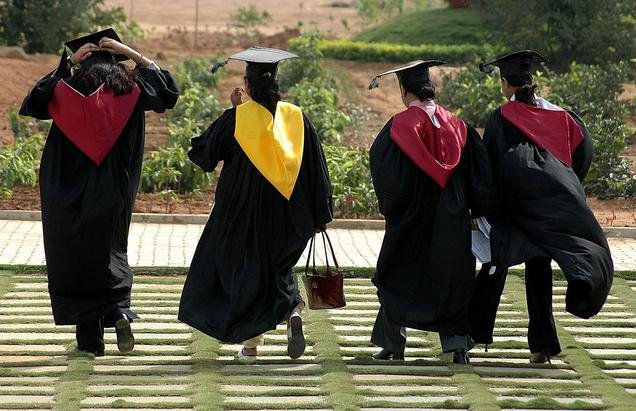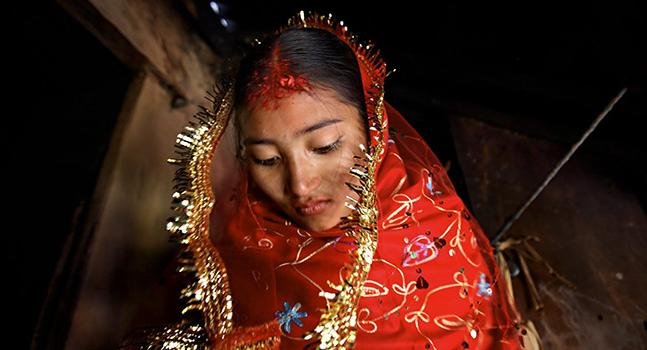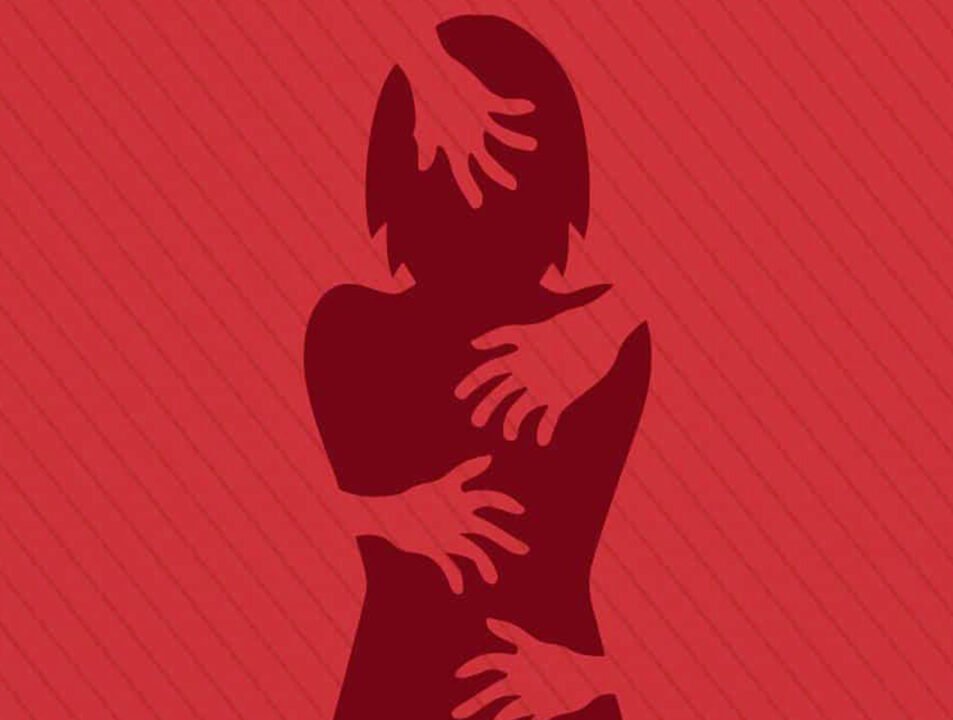By: Ranjan K Baruah
We should be aware that Seventy percent of the 1.3 billion people living in conditions of poverty are women. In urban areas, 40 percent of the poorest households are headed by women. Women predominate in the world’s food production (50-80 percent), but they own less than 10 percent of the land. 80 percent of the displaced by climate-related disasters and changes around the world are women and girls. Climate change may lead to more gender-based violence, an increase in child marriages, and worsening sexual and reproductive health.
Over the years we have seen violence against women and also injustice from many perspectives. The issues were different and now things are changing and more challenges are coming up. Advancing gender equality in the context of the climate crisis and disaster risk reduction is one of the greatest global challenges of the 21st century.
We are aware that 8th March is observed as International Women’s Day around the world. This year’s theme was focused on “Gender equality today for a sustainable tomorrow”. Women are increasingly being recognized as more vulnerable to climate change impacts than men, as they constitute the majority of the world’s poor and are more dependent on the natural resources that climate change threatens the most.
Empowerment of women, as well as gender mainstreaming, is important if we want to see a sustainable future. It is possible when we commit and work for it and one of the areas of study can be women’s studies or gender studies. Women’s and Gender Studies is an interdisciplinary program that examines the development, transmission, and transformation of ideas and attitudes about women and gender across societies, cultures, and historic periods.
Academic courses include Bachelor and Masters Courses related to Women’s Studies. There are diploma and advanced diploma programs related to women’s studies that are offered by different institutes in the country. The Master of Arts (Women’s Studies), launched in 2009, builds on an earlier experience of teaching and research in Women’s Studies at Tata Institute of Social Sciences. Women’s Studies has had an organic link with the women’s movement along with struggles of all marginal groups in society and is engaged with various academic disciplines to evolve a critical perspective on gender in society as well as in knowledge production.
Students in this program are exposed to debates and areas of interdisciplinary feminist research, and relevant methodologies. At the same time, they will learn a range of analytical and field-based skills, which will equip them for professional careers in academia as researchers and teachers; in journalism; in culture and the arts; as development workers and activists; in civil and administrative functions of the government, especially in women and gender departments; and in national and international organizations working on women and gender issues. This course will be useful to people from all fields who would like to use feminist knowledge to question, critique, and make changes in whatever area of work they may be involved in.
Women’s studies graduate work in various sectors including government, education, health, law, social services, arts, communications and media, marketing and non-profit, social justice organizations, etc. We must have the required skills to be successful after completing courses in women’s studies. A mere degree is not enough to get employment but a degree and skill shall ensure sustainable employment for the youths who have completed women’s studies as their field of studies. (The author is a career mentor and skill trainer, he can be reached at bkranjan@gmail.com)







